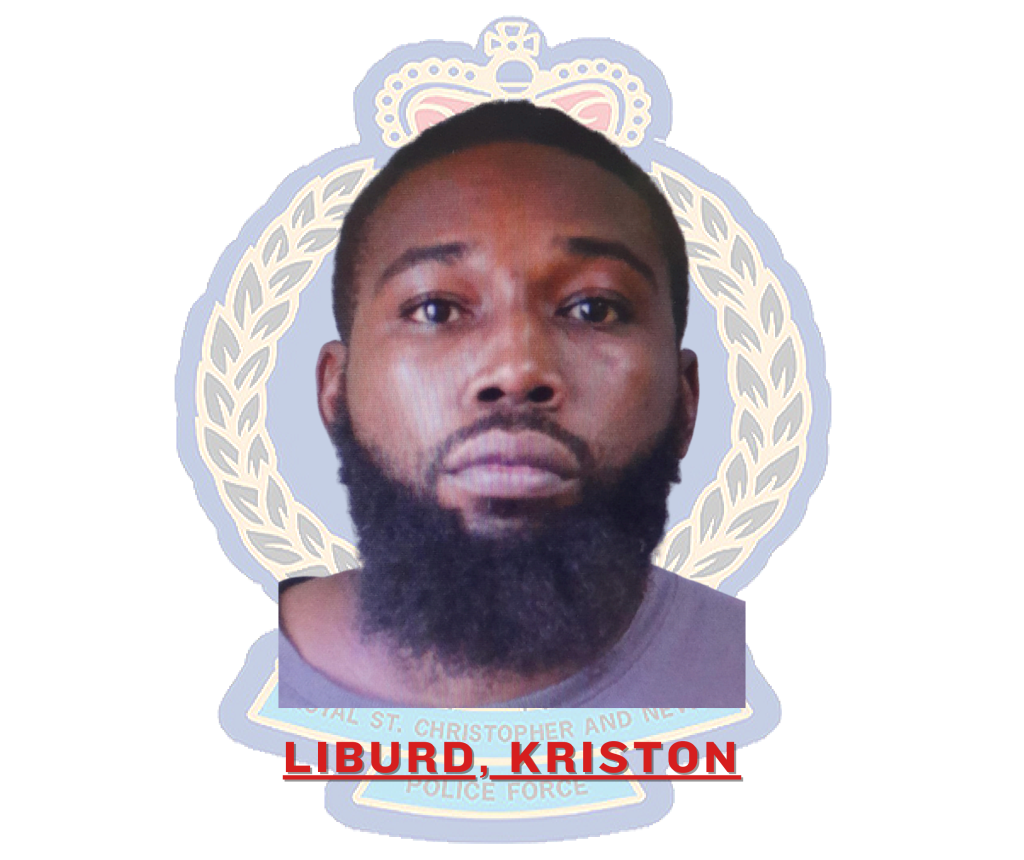Kriston Liburd Faces Cannabis Importation Charge
On April 16, 2025, Kriston Liburd of Stoney Grove, Nevis, found himself facing four distinct charges related to the discovery of contraband at the Robert L. Bradshaw International Airport located in St. Kitts. This incident, stemming from a routine customs inspection on April 8, 2025, unfolded when officers from the Anti-Narcotics Unit of the Royal St. Christopher and Nevis Police Force (RSCNPF) were summoned to the airport following a report from the St. Kitts-Nevis Customs and Excise Department. The report flagged a suspicious item within Mr. Liburd’s luggage, prompting a closer examination by customs officials. Their scrutiny revealed a single package containing what was later confirmed to be cannabis, a controlled substance prohibited from importation without proper authorization. This discovery set in motion a chain of events that culminated in Mr. Liburd’s arrest and subsequent charges.
The discovery of the cannabis within Mr. Liburd’s luggage triggered a series of legal proceedings. The initial report from the Customs and Excise Department served as the catalyst for the involvement of the RSCNPF’s Anti-Narcotics Unit. Their expertise in identifying and handling controlled substances was crucial in confirming the nature of the vegetable material found within the package. This confirmation provided the necessary grounds for Mr. Liburd’s arrest, a critical step in initiating the legal process. The subsequent charges filed against him reflect the multifaceted nature of the alleged offense, encompassing not only the importation of the illicit substance itself but also the alleged attempt to conceal its presence.
The first charge against Mr. Liburd, “Importation of Cannabis,” directly addresses the core violation: bringing a controlled substance into the country without the necessary legal permits or authorization. This charge underscores the illegality of transporting cannabis across international borders, an act strictly regulated by international and national drug laws. The gravity of this offense stems from the potential risks associated with the unregulated flow of controlled substances, including potential health risks and its contribution to the illicit drug trade. This charge forms the foundation for the subsequent charges, all of which relate to the specific circumstances surrounding the importation.
The second charge, “Submitting a False Declaration,” likely pertains to a discrepancy between the contents of Mr. Liburd’s luggage and the declaration he made to customs officials upon arrival. It suggests that Mr. Liburd either failed to declare the presence of the cannabis or actively misrepresented the contents of his bag. This charge highlights the legal obligation of travelers to accurately declare all items they are bringing into a country, particularly those subject to restrictions or prohibitions. False declarations are considered serious offenses as they undermine the integrity of customs procedures designed to safeguard national borders and enforce import regulations.
The third charge, “Importation of a Restricted Good (cannabis),” reinforces the prohibited status of cannabis and underscores the legal restrictions placed upon its importation. This charge emphasizes the specific classification of cannabis as a restricted good, highlighting the need for adherence to established import protocols. By categorizing cannabis as a restricted good, the law aims to control and regulate its movement, thereby minimizing potential harms associated with its unregulated trade.
The fourth and final charge, “Importing Goods Packed in a Manner Intended to Deceive a Customs Officer,” addresses the alleged attempt to conceal the cannabis. This charge points to the manner in which the cannabis was packaged, suggesting that it was done so deliberately to avoid detection by customs officials. This charge underscores the illegality of attempting to circumvent customs procedures and emphasizes the importance of transparency and compliance with established regulations. It reflects the principle that concealing goods, especially those that are prohibited or restricted, is a deliberate attempt to undermine border security measures.
The charges filed against Mr. Liburd paint a picture of an attempted importation of a controlled substance, complicated by alleged efforts to deceive customs authorities. Each charge represents a distinct facet of the alleged offense, highlighting the various legal violations involved. The legal proceedings that follow will seek to determine the veracity of these charges and the appropriate consequences, if any, for Mr. Liburd. This case underscores the crucial role of customs and border security in preventing the illegal importation of controlled substances and upholding the rule of law.
Share this content:












Post Comment